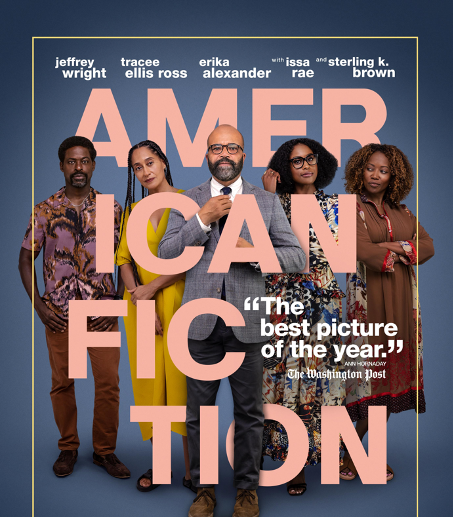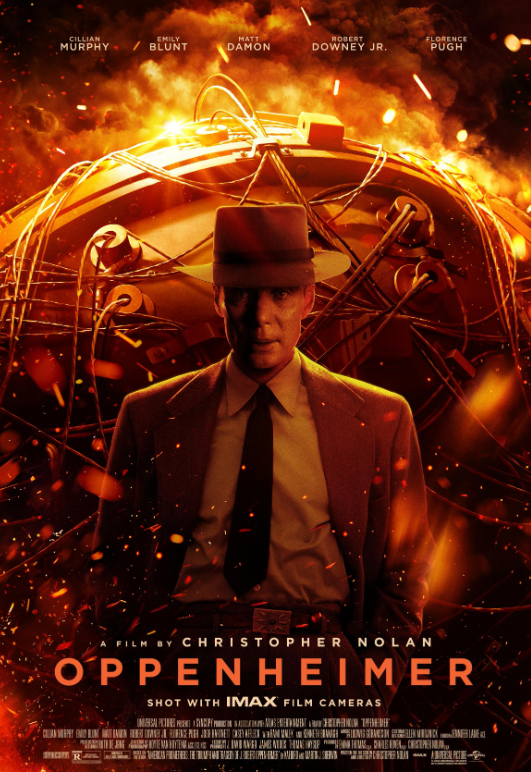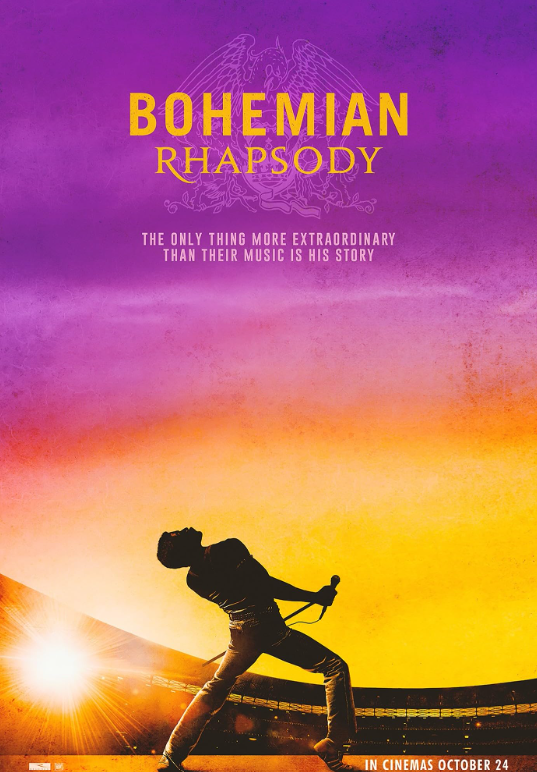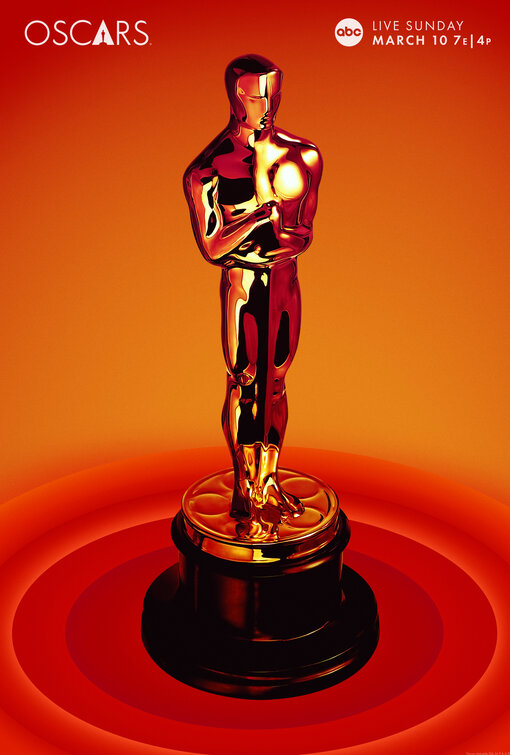
Last Thursday, Cinemark Theatres screened “Lawrence of Arabia” as part of its ongoing Classic Film series. The movie, directed by David Lean, has remained in the top ranks of “Greatest Movies” lists since coming out 50 years ago. But how has a four-hour long movie, set in the desert and with little action remained so popular and relevant?
Released in 1962, “Lawrence of Arabia” is based on the real-life exploits of T.E. Lawrence. During the First World War, Lawrence took part in the Arab Revolt against the Ottoman Empire, becoming a world-famous soldier and celebrity. Lawrence, along with the Arabia he led a war in, became the stuff of romantic legend.
However, Lean’s film isn’t a hagiographic portrait of a white knight. It’s a dark tale about an enigmatic and morally ambiguous man. Lawrence, as presented in the movie, is a man of contradictions. He’s drawn to and repulsed by the desert. He trembles at the sight of blood, yet relishes in tribal carnage. And he is both delighted and frightened by his fame. “Lawrence of Arabia” may look like a 1950s Hollywood epic, but it feels like a 1970s character piece.
There isn’t a single bad performance in the movie. Each actor imbues their part, small or large, with something interesting. Even if their sole purpose is to provide exposition, they still come across as an actual human being. Notable standouts include Omar Sharif and Anthony Quinn. Sharif plays Ali, Lawrence’s compatriot and the movie’s conscience. And Quinn nearly steals the show as the formidable Auda Abu Tayi. He bellows, laughs, and wildly gesticulates in such an entertaining manner that he almost walks off with the movie. Almost.
The film belongs to Peter O’Toole, as Lawrence himself. O’Toole gives one of the greatest screen performances as the complicated protagonist. That he did it in between hangovers is testament to his considerable talent and skill. If you’ve only seen the performance via those clips in “Prometheus,” you owe it to yourself to see the full package.
Under Lean’s direction, the psychology and pageantry complement each other. The cinematography, by Freddie Young, is some of the best ever committed to film. The 50th anniversary restoration makes the film look brand new.
But the film doesn’t need too much help to stay relevant. The politics of 1918 are directly connected to the politics of today, with Arab countries once more in upheaval. Lean and company never make overt political statements, preferring instead to let the audience decide for themselves.
Robert Bolt’s screenplay is filled with excellent dialogue and subtle characterization. In one particularly good scene, Alec Guinness’ cunning Prince Feisal state, “With Major Lawrence, mercy is a passion. With me, it is merely good manners. You may judge which of the two is more reliable.” Although people probably don’t talk like that in casual conversation, it would be fantastic if they did.
If the movie has any fault, it’s the length. To tell a story like this well, a director shouldn’t aim for two hours or ninety minutes. And while Lean makes full use of his 216 minutes, there are moments, especially in the film’s first half, where you’ll wonder just how many shots of the desert are needed. They are beautiful shots, to be sure, but there are about 150 of them. Fortunately, any dull spots are usually accompanied by Maurice Jarre’s rousing score which is a treat.
Good filmmakers are good filmmakers, no matter what era they work in. But there is something about the old-school directors like Lean and Akira Kurosawa that make their movies special. When there’s a crowd of thousands in a Lean film, there are actually a thousand people in the shot.
Without time travel, re-releases like this are the only way to experience classic movies the way the first audiences did. “Lawrence of Arabia” was meant for the big screen. At the risk of eternal damnation, it’s like attending mass at the Vatican.
Cinemark offers lots of classic re-releases each month. Seeing the classics screened as they were meant to be seen is an experience. It’s something all moviegoers should take advantage of.
Danny Marchant can be reached at [email protected].













John Farr • Oct 10, 2012 at 3:16 pm
Since we champion timeless films on DVD and Blu-ray, we’re thrilled to see so many classics like “Lawrence” returning to the big screen, 50th anniversary or not. We can’t help but think that part of this trend has to do with so few watchable domestic movie releases these days- that is, if you’re safely out of adolescence. It’s sad!